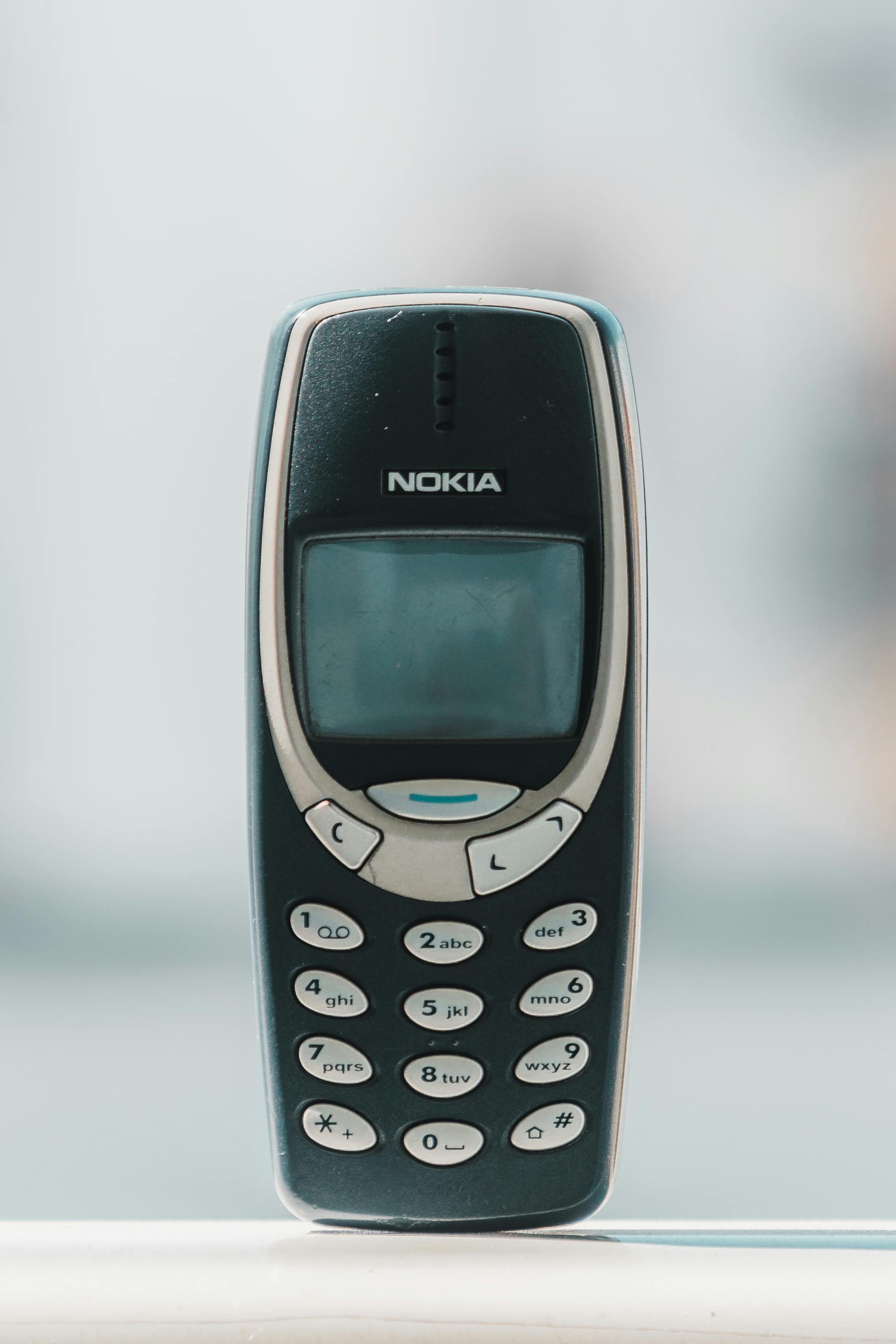Once a dominant force in the mobile phone industry, Nokia's rapid decline serves as a cautionary tale of how even the most formidable companies can falter without adaptability and foresight. Several interrelated factors contributed to Nokia's downfall, including technological missteps, strategic errors, and internal organizational challenges.

A significant factor in Nokia's decline was its continued reliance on the Symbian operating system. While Symbian was initially successful, it struggled to compete with the more advanced and user-friendly iOS and Android platforms. Symbian's limitations in supporting touchscreens, its fragmented nature, and a lack of developer support hindered Nokia's ability to keep pace with competitors.
Nokia's hardware-centric approach also contributed to its struggles. The company was slow to adopt capacitive touchscreen technology, opting instead for resistive touchscreens that offered a less responsive user experience. This reluctance to embrace new hardware trends left Nokia's devices feeling outdated compared to offerings from Apple and Samsung.
Read Also: Spotify Cracks Down on Fake Streams, Warns Artists Globally
Strategically, Nokia made several miscalculations. The decision to partner with Microsoft and adopt the Windows Phone operating system was intended to revitalize its smartphone lineup. However, Windows Phone failed to gain significant market traction, partly due to a limited app ecosystem and a lack of consumer interest.
Internally, Nokia faced organizational challenges that impeded its ability to innovate and respond to market changes. A study by Tim O. Vuori and Qui Huy highlighted a culture of fear within the company, where middle managers were hesitant to voice concerns, and top executives were resistant to acknowledging the company's technological shortcomings.

Nokia's failure to anticipate and adapt to the smartphone revolution, coupled with internal resistance to change, ultimately led to its decline. The company's story underscores the importance of agility, innovation, and open communication in maintaining a competitive edge in rapidly evolving industries.



